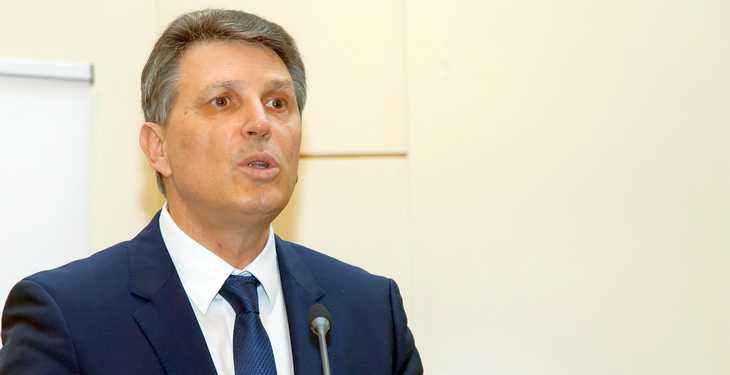Although the predictability of the legal framework is a priority for the European Commission, four new Union directives are to radically alter the regional energy market and consequently, the Romanian one.
“The next three years will be the hardest in the history of the energy system in terms of creating the primary and secondary legal framework, because first of all we need to review all current legal provisions taking into account new challenges: the concept of solidarity is born,” told energynomics.ro Iulian Iancu, chairman of the Industry and Services Committee of the Chamber of Deputies.
“All energy policies will be redrawn, all of the the primary and secondary frame. Obviously, there will be essential changes and we must define within the law how will be taken over the notions such as that of of solidarity, security, trust and resilience of the system … suddenly some terms unrelated to the energy sector or the technical field must be legally defined … it will be very hard,” said Iancu.
For instance, the concept of solidarity must be clearly defined in the law, so that the flux of energy that became a new dimension of the EU unity, can freely cross borders between producers and consumers in different countries, explained Iancu.
“The percentage of interconnection is proposed to increase gradually up to full integration. At least 40 billion euros from the EU should be supported only with this objective. By 2020, the EU aims to introduce the system about 1,000 billion euro, as that covers all investments,” said Iancu.
The role of the regulatory bodies will grow, also at the European level.
Thus, European directives on energy efficiency, renewables, market design and the electricity market framework law will decisively influence and Romanian market as well.
For example, the electricity framework Law will develop new rules of the energy market, accelerating the process of interconnection and directly targeting the consumer provisions. The new provisions come under the concept of security in the EU’s energy supply, explained Iancu.
While in terms of energy efficiency, the debates are final and a draft document already exists, just as in the renewables Directive, in the other cases are still debates.
“The European Union has two landmarks in the new strategic vision: on the one hand it assumed that renewable sources of energy to increase intake in European production to 27% by 2020, but with a caveat: after 2025 should not have subsidized support,” said Iancu. Technological progress will determine renewables to produce energy over costs after 2025.
“In the case of energy efficiency – a pillar EU target, assumed by the Union as one of the objectives that will reduce dependence on imports through its efficiency program and consumption – is intended to make the EU a world leader in technologies for efficiency and to extend these technologies to the domestic consumer. EU revises the Directive since it was found that member states did not meet their targets under the old directive,” said Iancu.

